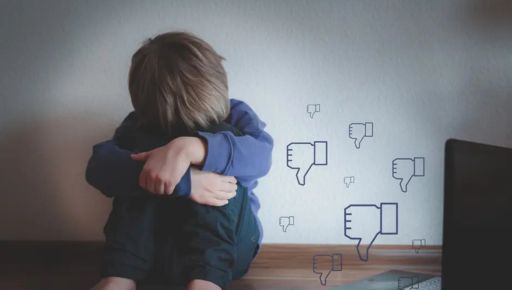
Cyberbullying is a growing concern in the digital age. It leaves deep emotional scars that can be hard to heal. Psychiatrists play a crucial role in addressing this issue. They provide guidance, support, and treatment to those affected. By understanding the mental impact of cyberbullying, psychiatrists can create effective strategies for recovery. The California Center for Psychedelic Therapy is one example of how innovative approaches can help. Through therapy and education, psychiatrists offer a path to healing and resilience.
Understanding Cyberbullying
Cyberbullying involves using technology to harass or intimidate others. It can occur through social media, text messages, or online forums. Unlike traditional bullying, it can happen 24/7. This makes it difficult for victims to escape. The anonymity offered by the internet often emboldens bullies. This can lead to severe psychological effects for the victims.
Psychiatric Support and Treatment
Psychiatrists assess the emotional and mental health effects of cyberbullying. They provide a safe space for victims to express their feelings. Therapy sessions can help individuals process their experiences. Psychiatrists often use cognitive-behavioral therapy (CBT) to help change negative thought patterns. They work on building self-esteem and coping strategies.
Prevention and Education
Psychiatrists also focus on prevention and education. By working with schools and communities, they raise awareness about the effects of cyberbullying. Educational programs can empower individuals to stand against cyberbullying. Psychiatrists advocate for policies that protect people online. They teach parents and educators how to spot signs of cyberbullying.
The Role of Medication
In some cases, medication may be necessary. This is particularly true if cyberbullying leads to anxiety or depression. Psychiatrists carefully evaluate the need for antidepressants or anti-anxiety drugs. These medications can be a part of a comprehensive treatment plan. They are often combined with therapy to achieve the best outcomes.
Research and Innovation
Research into the effects of cyberbullying is ongoing. Institutions like the National Institute of Mental Health are working to understand more about this issue. Innovative therapies, like those involving psychedelics, are being explored for their potential benefits.
Strategies for Families and Individuals
Families play a vital role in supporting those affected by cyberbullying. Open communication is key. Encouraging children to talk about their online experiences can help. Monitoring online activity and setting boundaries is important. Psychiatrists can guide families in creating a supportive home environment.
Comparison of Traditional Bullying and Cyberbullying
| Aspect | Traditional Bullying | Cyberbullying |
| Location | Schools or physical spaces | Online platforms |
| Time | Limited to certain hours | Can occur anytime |
| Anonymity | Less anonymous | Often anonymous |
| Reach | Local | Global |
Conclusion
Psychiatrists are essential in the fight against cyberbullying. They bring expertise and compassion to their work. Through therapy, education, and research, they help victims heal and thrive. As we continue to navigate the digital world, the role of psychiatrists will become even more important. Together, we can create a safer and more supportive online environment.
